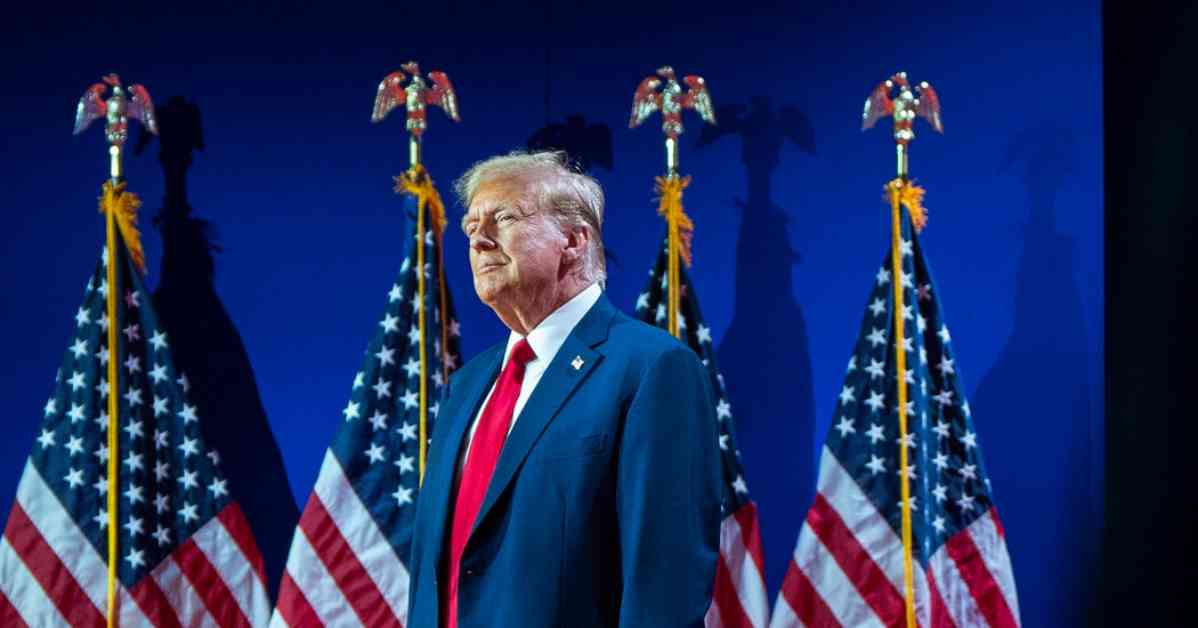Lawyers representing former President Donald J. Trump have requested the judge overseeing his case involving classified documents to pause the proceedings as they navigate whether Trump is immune from the charges following a recent Supreme Court decision.
The Supreme Court ruling granted Trump broad immunity from criminal prosecution for his actions while he was president. This decision has prompted his legal team to seek the application of this immunity to the classified documents case, where Trump is accused of retaining sensitive national security material and impeding government efforts to retrieve it from his Florida residence after leaving the White House.
In a motion presented to Judge Aileen M. Cannon, Trump’s lawyers have asked for additional time to address the issue of immunity and have requested a halt to most pretrial activities until a decision is reached. They argue that resolving these fundamental questions is crucial to prevent any negative impact on the presidency resulting from what they deem an unconstitutional investigation and prosecution.
The indictment against Trump in the documents case focuses on actions that transpired after his presidency ended, raising uncertainties about the applicability of the Supreme Court’s immunity ruling. The ruling itself was based on the principle that a president should be shielded from prosecution for actions carried out in connection with constitutional duties or official acts of a broad nature.
Judge Cannon’s stance on whether the Supreme Court decision extends to the documents case remains to be seen. The complexity of the legal arguments involved suggests that this issue may require careful consideration and deliberation.
The request for a delay in the proceedings underscores the significance of the immunity question in Trump’s legal battles and highlights the ongoing legal challenges he faces even after leaving office. As the case unfolds, the implications of the Supreme Court ruling on presidential immunity could have far-reaching consequences for future legal proceedings involving former presidents and the limits of their immunity from prosecution.




